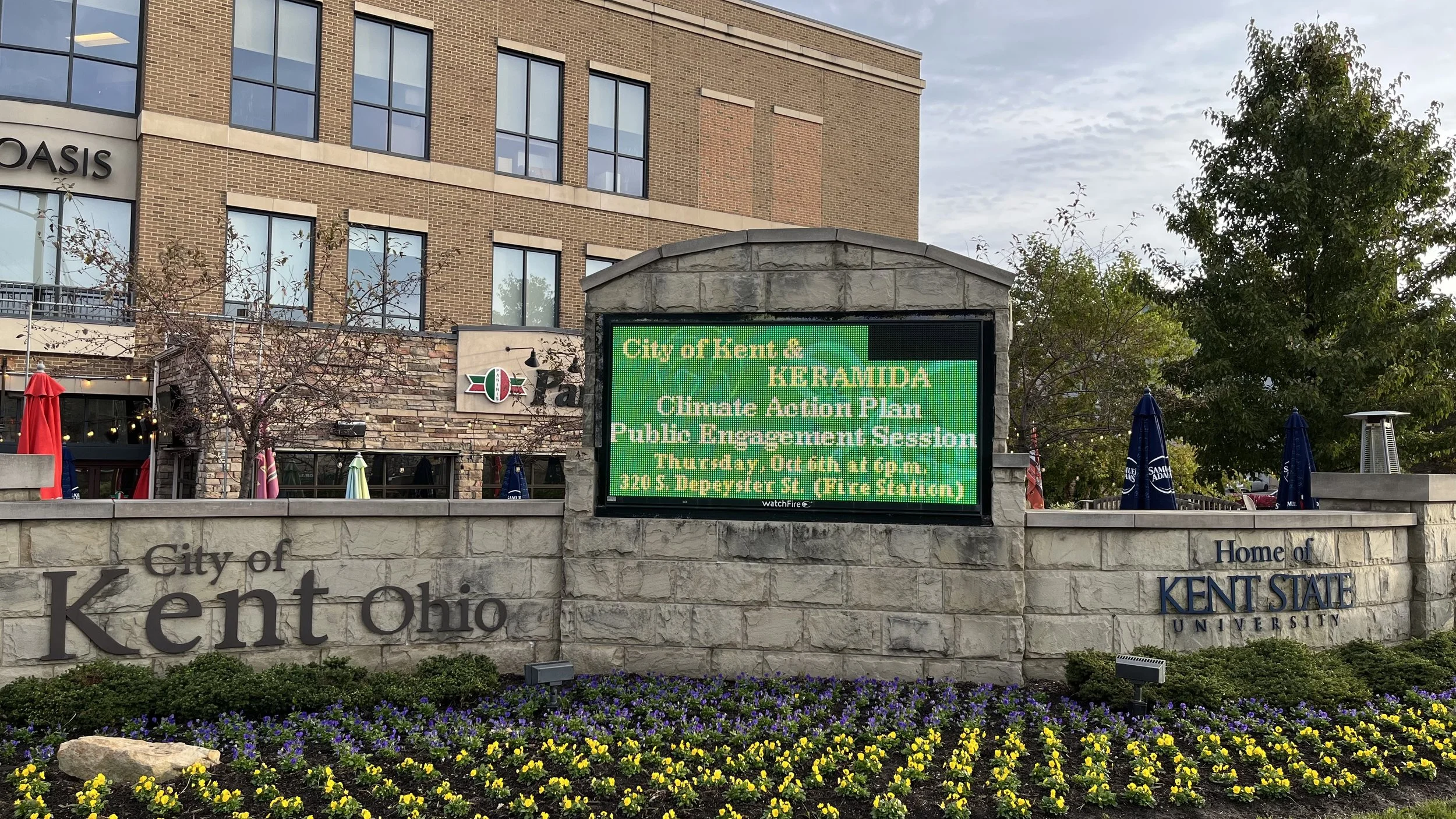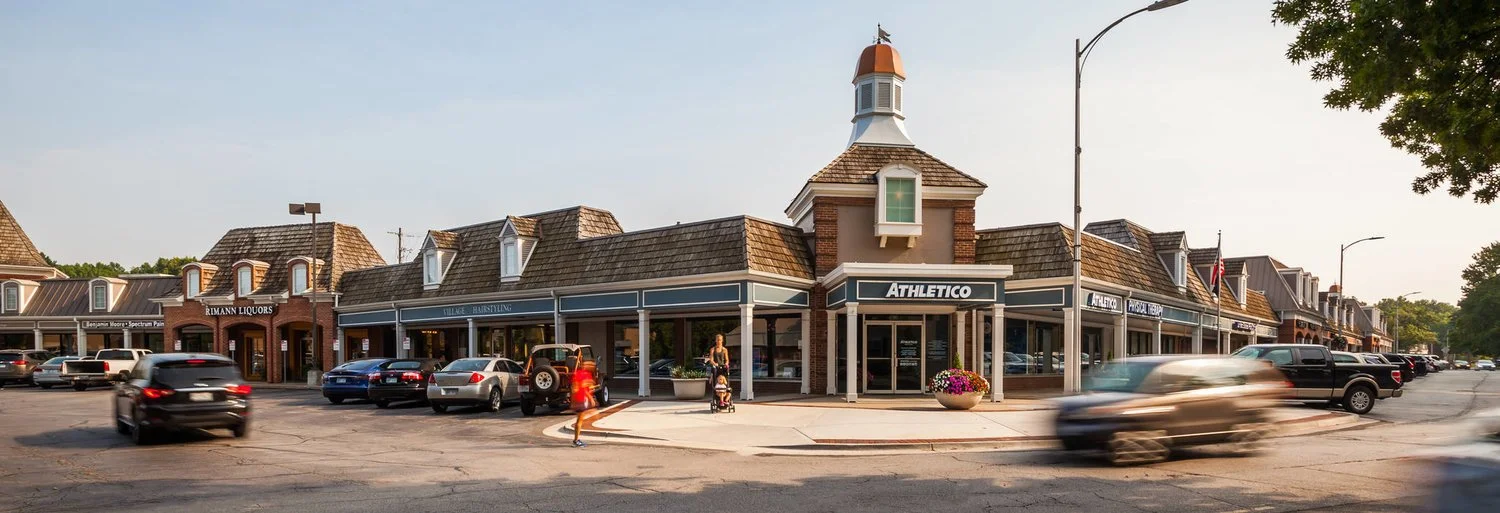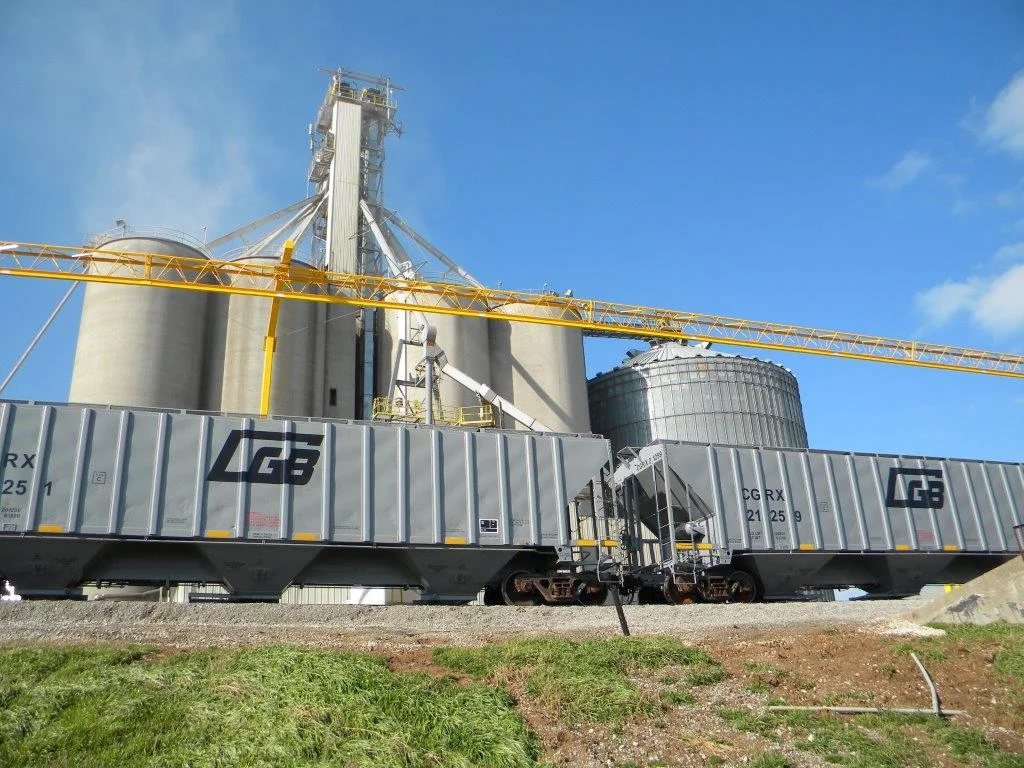Sustainability and Climate Consulting Projects for Cities, Schools, and Universities
KERAMIDA partnered with the Naperville 203 School District to develop a comprehensive Carbon Action Plan (CAP). The primary goal of the CAP was to reduce the District’s carbon footprint and minimize its contributions to climate change. The CAP was developed in two phases: the first focused on conducting a thorough GHG inventory, while the second centered on identifying and refining actionable reduction measures.
KERAMIDA undertook a comprehensive strategy to support Fort Wayne's climate action and resilience efforts through three main tasks. KERAMIDA initially conducted a thorough literature review, examining local, regional, and state reports, as well as internal City operating procedures, to assess Fort Wayne's past and current climate initiatives and identify alignment opportunities for the Climate Action and Adaptation Plan (CAAP) and the Hoosier Resilience Institute Readiness Assessment (HRI RA).
KERAMIDA’s Livable Cities team is partnering with the Lexington-Fayette County Metropolitan Statistical Area (MSA) to develop the region’s first Comprehensive Climate Action Plan. With funding from the Inflation Reduction Act through the US EPA’s Climate Pollution Reduction Grant (CPRG), KERAMIDA is working alongside ClimateView, Tetra Tech, the Lexington-Fayette Urban County Government (LFUCG), and Bluegrass Greensource to deliver the CCAP. The team is drafting a plan containing near- and long-term reduction measures and projects that will facilitate emissions reductions.
KERAMIDA is working with the City of Norwalk, Connecticut, to deliver a pragmatic, actionable Sustainability and Resilience Plan that will directly improve the City's administrative capacity to mitigate emissions and adapt to a changing climate. This project uniquely focuses on building municipal engagement and capacity by working across departments on implementation workshops, training, and integration into the existing workflow.
With funding from the Inflation Reduction Act through the US EPA’s Climate Pollution Reduction Grant (CPRG), KERAMIDA is working with the Grand Valley Metropolitan Council (GVMC) to develop a Priority Climate Action Plan (PCAP) that will be submitted to the EPA on March 1, 2024. The plan will connect and uplift existing state, regional, and local plans while preparing communities to be competitive for $4.6 billion in implementation grant funding for the policies and programs it identifies. Particular attention is paid to low-income and disadvantaged communities and how the programs in the plan will benefit underinvested areas in the jurisdiction. The plan will cover the four-county region of West Michigan, including Ionia, Kent, Montcalm, and Ottawa Counties.
KERAMIDA is working with the City of Evansville, IN to revise its 2021 Evansville Climate Action Plan (CAP). KERAMIDA will conduct on-site energy audits and engage relevant stakeholders to update existing strategies and develop new strategies for the revised Climate Action Plan. KERAMIDA will perform a complete Resiliency Assessment that looks at hazards, impacts, risks, and adaptations to integrate into the final Climate Action Plan.
KERAMIDA and ClimateView are working with the Louisville Jefferson County MSA to support the development of a Priority Climate Action Plan (PCAP). We are collaborating with community and project partners to establish a Greenhouse Gas inventory for the MSA within ClimateView’s software, ClimateOS, and identify data collection gaps for future consideration. KERAMIDA integrated the PCAP Greenhouse Gas Reduction Measures into ClimateOS and presented the dashboard capabilities to the Net Zero Advisory Group (NZAG). The KERAMIDA team is currently helping draft the PCAP along with the MSA and project partners.
KERAMIDA conducted a comprehensive Greenhouse Gas (GHG) inventory for the coastal city of Norwalk, Connecticut. This project was undertaken in close collaboration with the Norwalk Redevelopment Agency to ensure the accuracy and effectiveness of the assessment. Our team worked diligently to identify key stakeholders who played a vital role in data collection. Once these stakeholders were identified, we organized a productive data collection workshop. During this workshop, we outlined the data requirements for each GHG sector as specified by the Global Protocol for Community GHG accounting. As part of our commitment to producing accurate results, we actively addressed any data issues or gaps that arose during the process. Our goal was to ensure that all information was not only collected but also organized in a manner that facilitated meaningful analysis. To perform the GHG calculations and generate a comprehensive community GHG inventory for the City of Norwalk, KERAMIDA utilized our partnership with the Swedish tech company, ClimateView.
KERAMIDA is working with the City of Prairie Village, Kansas, to develop a Comprehensive Sustainability Program that will provide a cost-effective and science-based pathway to reach net-zero carbon emissions by 2040 or sooner. This project includes an updated greenhouse gas inventory, climate scenario summary, and community engagement.
KERAMIDA provided policy development services to the City of New Albany, Indiana for energy and GHG reductions related to a Federal Energy Efficiency and Conservation Block Grant (EECBG). Grant funds were directed toward developing an Energy Management System focused on maximizing cost-savings and minimizing GHG emissions associated with the City operations’ energy use, including electricity, natural gas, and fuel (Phase 1) and to develop and implement a pilot Energy Audit Program (Phase 2).
KERAMIDA conceived of an innovative and effective pilot program for neighborhood-scale energy efficiency retrofits of structures and Greenhouse Gas (GHG) reduction. KERAMIDA developed the project concept and structure, formed the core partners group necessary to confirm commitments and identify leveraged funds, and completed all aspects of the project scope details, budget requirements, and timeline.
KERAMIDA performed an energy use audit of all operations related to intake, treatment, and distribution of drinking water for the Indianapolis drinking water system. The audit identified opportunities to reduce electrical energy consumption and GHG, reduce operating costs, and improve the carbon footprint of the supply of drinking water to the residents and businesses of the City of Indianapolis.
As the Sustainability Program Lead for the RebuildIndy infrastructure improvement initiative, KERAMIDA’s role was to place the sustainability umbrella over all public works projects, including the development and implementation of sustainability principles and sustainable design elements for all public works capital projects.
KERAMIDA assisted the Town of Dyer and the City of Portage, Indiana with the implementation of an Environmental Management System focusing on sustainability. KERAMIDA worked with municipal stakeholders, to identify their community's environmental aspects and impacts, rank their significance, evaluate and select initiatives to implement, define objectives and targets of those initiatives, and develop activity programs to track their performance.
KERAMIDA worked with the Engineering Department of the City of Mansfield, Ohio to develop an Energy Efficiency and Conservation Strategy (EECS), formalizing its goals of cutting municipal energy costs, reducing greenhouse gas (GHG) emissions, and educating its employees and the community about energy conservation best practices.
Related Services:
KERAMIDA helps cities and educational institutions identify and implement forward-thinking sustainability strategies that create thriving communities and campuses that work for everyone. Our professionals evaluate your operations to develop methods to reduce your carbon footprint and draft a Climate Action Plan to effectively guide the implementation of emissions reduction strategies.





























